CARS
8 Easy Ways To Boost Fuel Efficiency
Published
1 year agoon
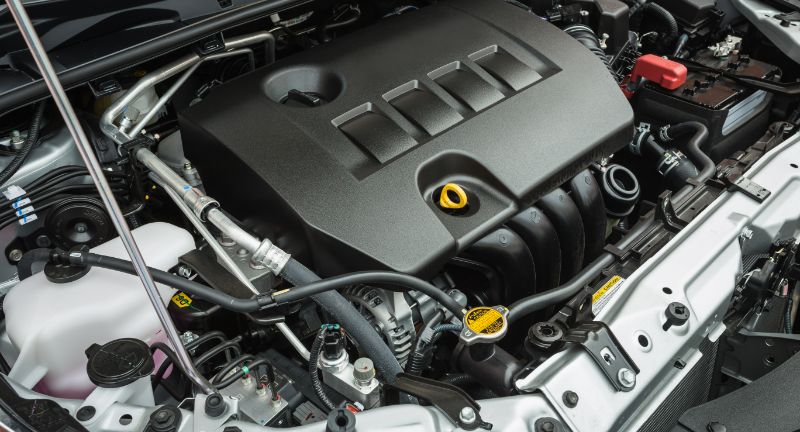
Shutterstock
In our seemingly never ending quest to save money at the gas pump, many of us diligently compare fuel prices and look for the best deals, yet we often miss the subtle cues our vehicles provide that could lead to even greater savings. These overlooked warning signs can point towards inefficiencies in how our vehicle consume fuel, detracting from their potential miles per gallon, as well as overall performance.
Fortunately, there are straightforward and easy methods to enhance our vehicles’ fuel efficiency, ensuring that we’re not only saving money but also making the most of every gallon. By paying attention to our vehicles’ performance and maintenance needs, we can unlock easy wins in fuel economy, reducing our overall expenditure on gas.
Low Tire Pressure
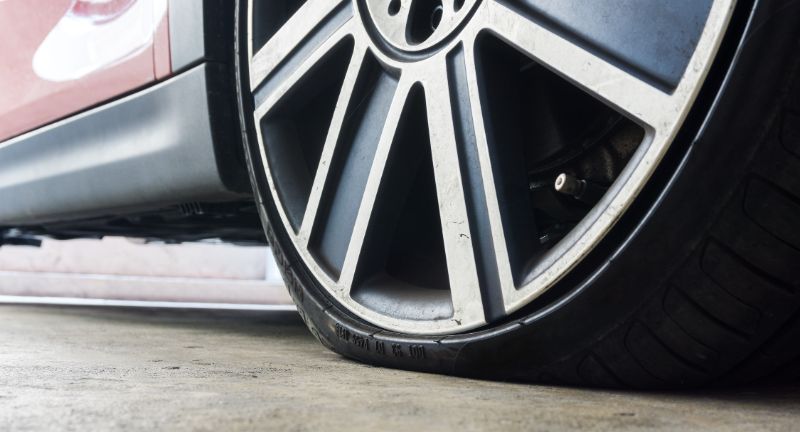
Shutterstock
Under inflated tires can increase rolling resistance which reduces fuel efficiency. This extra resistance means the engine has to work harder to propel the vehicle forward, leading to higher fuel consumption. By regularly checking and maintaining proper tire pressure, drivers can optimize fuel economy and save money on gas in the long run.
Dirty Air Filter
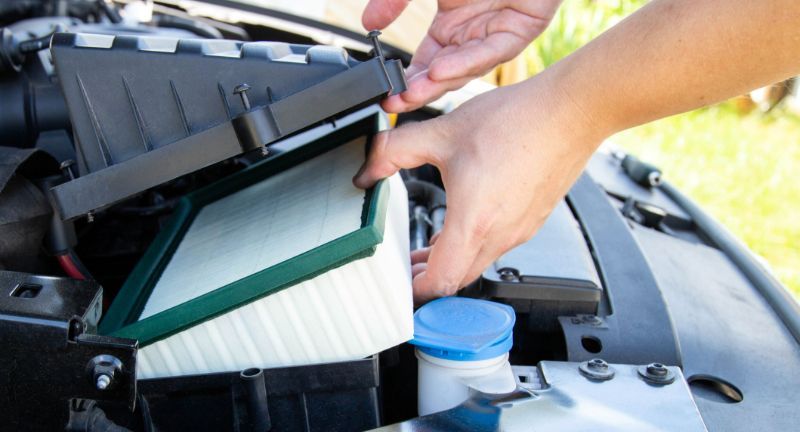
Shutterstock
A clogged or dirty air filter can restrict airflow to the engine, leading to an imbalance in the air-fuel mixture and reduced combustion efficiency. As a result, the engine may have to work harder to maintain performance, consuming more fuel in the process. Regularly replacing dirty air filters can help ensure optimal engine performance and improve fuel efficiency.
Faulty Oxygen Sensors
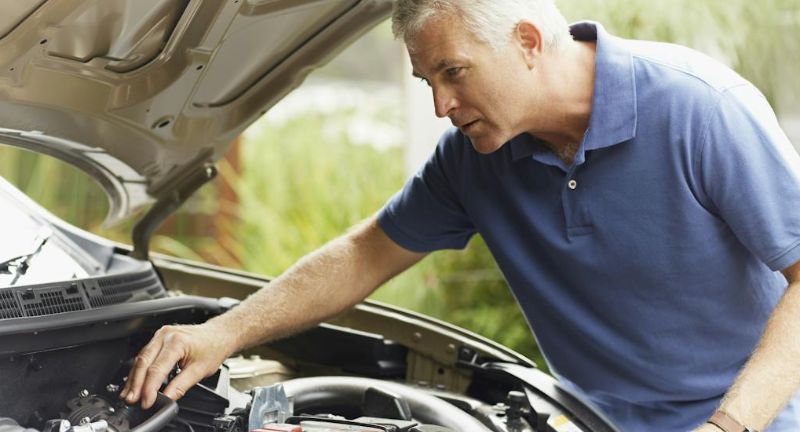
Getty
Oxygen sensors monitor the amount of oxygen in the exhaust and adjusts the fuel mixture accordingly. Faulty oxygen sensors can disrupt the engine’s air-fuel ratio, leading to inefficient combustion and reduced fuel efficiency. When oxygen sensors fail, the engine may run more than necessary, consuming more fuel to compensate for inaccurate readings.
Worn Spark Plugs
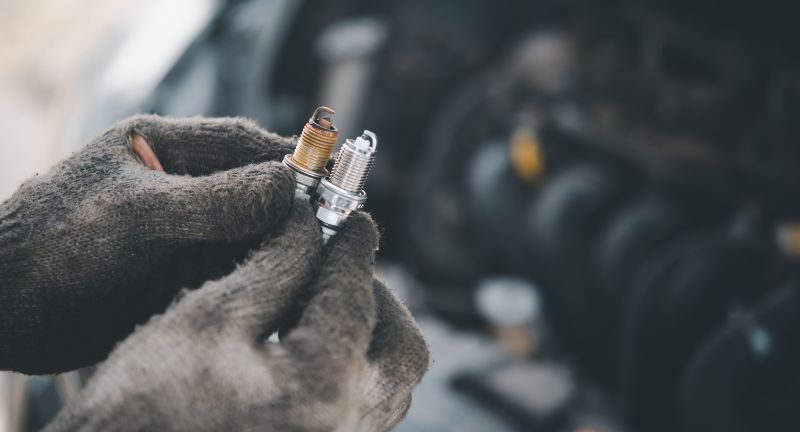
Shutterstock
Spark plugs ignite the air-fuel mixture within the engine’s cylinders, initiating combustion. When spark plugs become worn they may struggle to generate a strong spark, leading to incomplete combustion and decreased engine efficiency. This incomplete combustion can result in wasted fuel and reduced fuel efficiency, emphasizing the importance of regular inspection and replacement of worn spark plugs.
Dragging Brakes
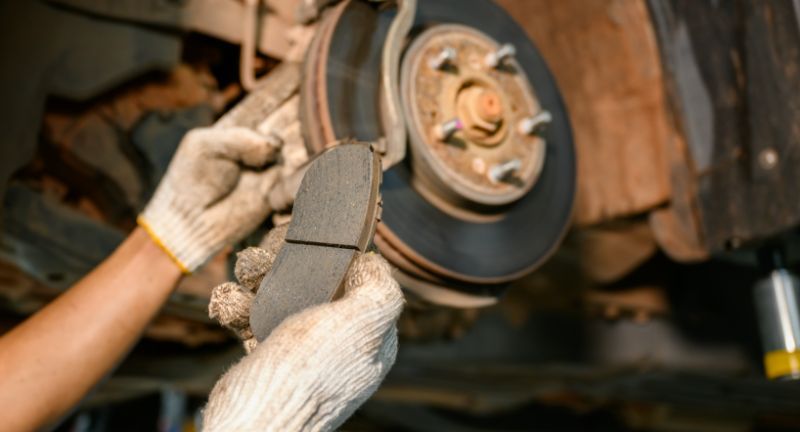
Shutterstock
Dragging brakes occur when the brake pads remain in contact with the brake rotors even when the brake pedal is released, causing unnecessary friction and resistance. This continuous friction generates heat, which can lead to accelerated wear of brake components and reduced fuel efficiency as the engine works harder to overcome the additional resistance. Common causes of dragging brakes include misadjusted brake calipers, contaminated brake fluid, or worn-out brake hardware, highlighting the importance of regular brake inspections and maintenance.
Engine Misfires

Shutterstock
Engine misfires occur when the air-fuel mixture fails to ignite properly in one or more cylinders. Misfires can result from various issues, including faulty ignition components, fuel injectors, or engine sensors. Diagnose and repair engine misfires promptly to prevent fuel wastage and maintain fuel efficiency.
Improper Wheel Alignment
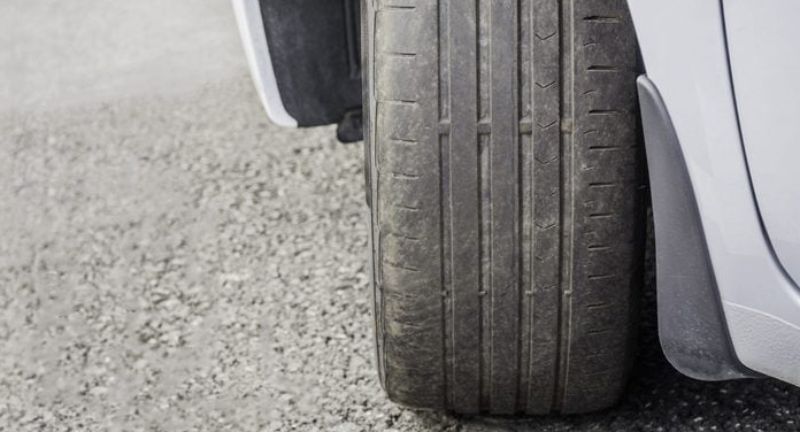
Getty
Misaligned wheels can cause uneven tire wear, leading to increased rolling resistance and decreased fuel efficiency. When the wheels are misaligned, the tires may not roll smoothly and efficiently, requiring the engine to work harder to maintain speed and overcome resistance. Regular wheel alignment checks and adjustments can ensure that the tires make proper contact with the road surface, optimizing fuel efficiency and prolonging tire life.
Excessive Weight
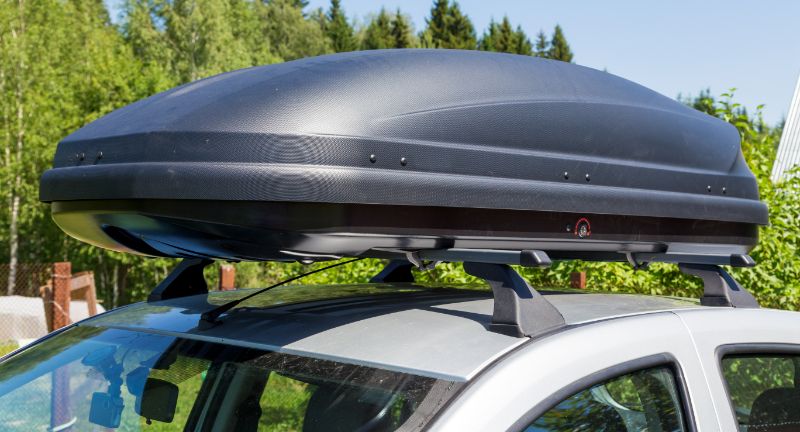
Shutterstock
Carrying excessive weight in your vehicle, such as heavy cargo or unused roof racks, increases the load on the engine and decreases fuel efficiency. The additional weight creates more resistance, especially during acceleration and uphill climbs, requiring the engine to burn more fuel to maintain speed. Removing unnecessary items and keeping the vehicle’s weight within recommended limits can help improve fuel efficiency and reduce overall fuel costs.
Conclusion
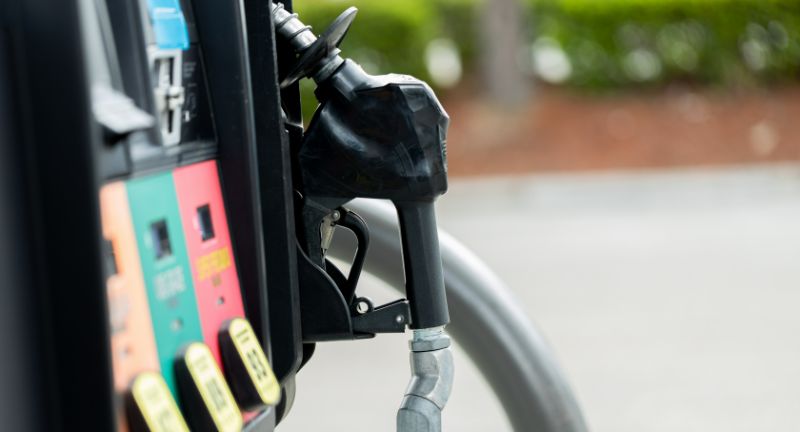
Shutterstock
Embracing practical measures to improve fuel efficiency not only stretches our dollars at the gas station but also contributes to the longevity and performance of our vehicles. By tuning into our cars’ signals and adopting fuel-saving practices, we can significantly impact our fuel consumption and overall environmental footprint. Ultimately, the key to unlocking substantial savings and promoting a greener drive lies in our commitment to vehicle care and smart driving habits.
More From Auto Overload
-


8 Most Iconic American Sport Cars Of All Time
-


6 Best High Mileage Motor Oils On The Market
-


11 Essential Items You Need To Keep In Your Vehicle
-
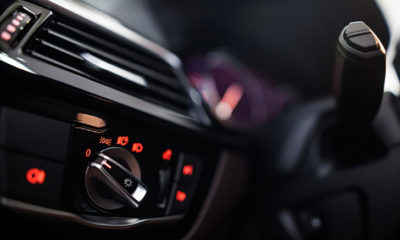

Two Essential Truths Every Car Owner Needs To Know
-


8 Tactics To Deter Car Thieves
-


10 Greatest Trucks Ever Built
-
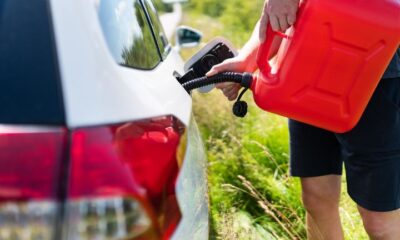

9 Things You Should Never Leave In The Car
-


11 Coolest Cars Being Developed Right Now
-


8 Of The Fastest American Cars Ever Made
-


7 Vehicles That Should Have Never Been Discontinued
-


10 Weirdest Cars To Ever Hit The Road
-


12 Most Astonishing Concept Cars Ever Created

